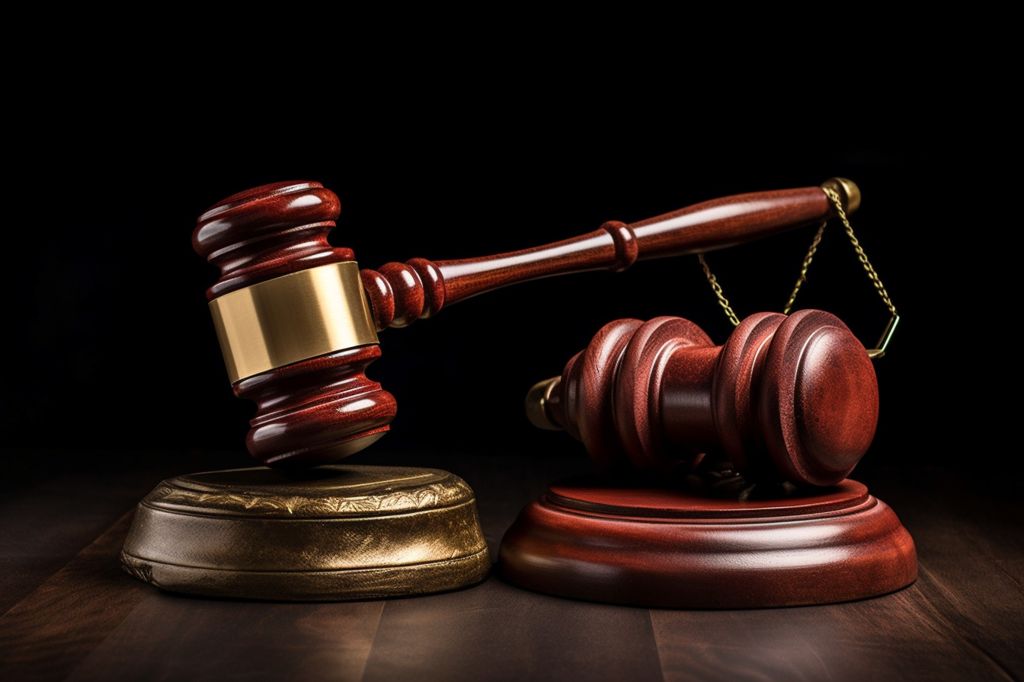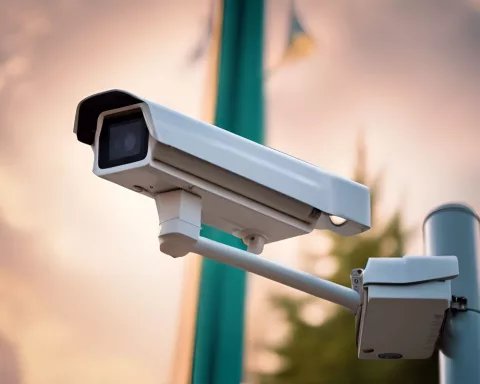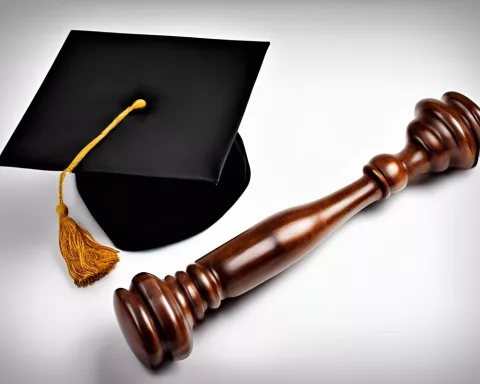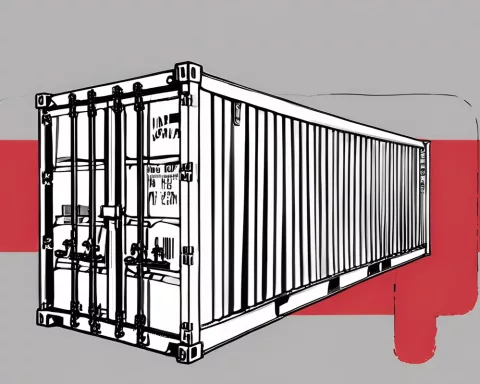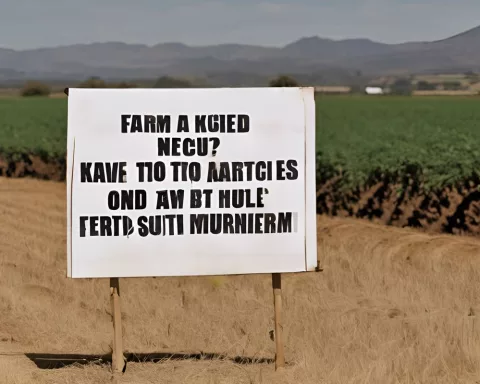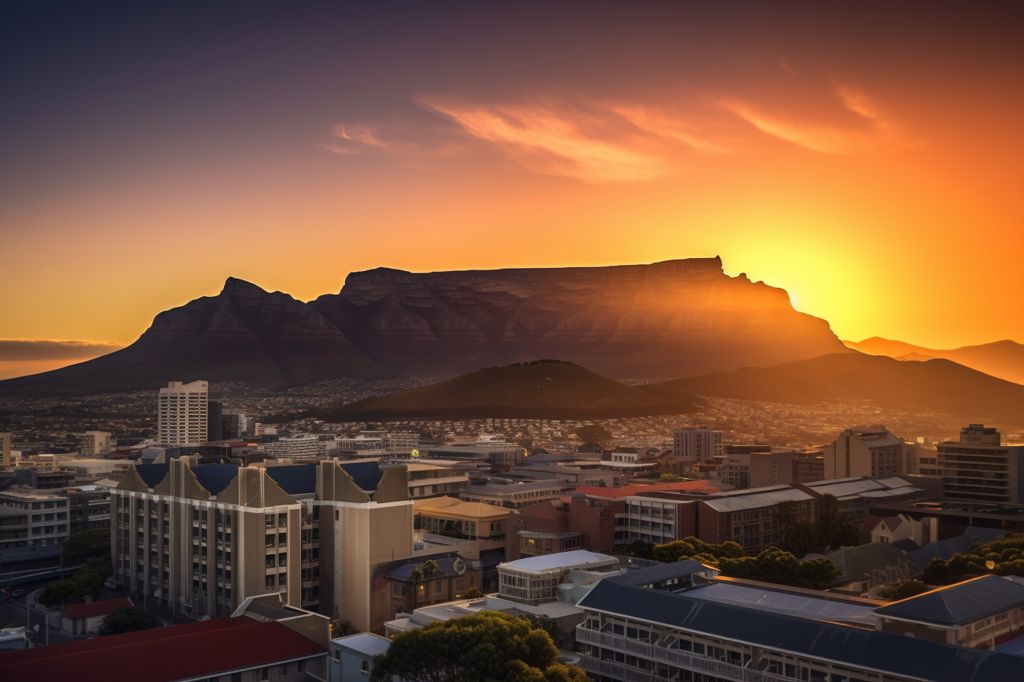The legal battle between South African President Cyril Ramaphosa and former president Jacob Zuma has intensified. During a session at the Gauteng High Court in Johannesburg, both parties’ legal teams engaged in heated exchanges. The case is presided over by a full bench of judges Selby Baqwa, Lebogang Modiba, and Mohammed Ismail.
Zuma’s Accusation Against Ramaphosa
The ongoing case revolves around Zuma’s accusation that Ramaphosa failed to act on a complaint lodged against state advocate Billy Downer and journalist Karyn Maughan in 2020. Consequently, Zuma sought private prosecution against President Ramaphosa on charges of being an accessory after the fact, related to crimes in the case.
Heated Exchanges in Court
The tensions between both parties escalated as advocate Dali Mpofu, Zuma’s lawyer, launched a scathing attack on the National Prosecuting Authority (NPA) and KZN Director of Public Prosecutions Elaine Zungu. In the courtroom, Mpofu also criticized Ramaphosa’s decision to bring the matter to the wrong court. This prompted Judge Modiba to urge him to “tone down” his rhetoric.
Ramaphosa’s Defense
On the other hand, state attorney and Ramaphosa representative, advocate Ngwako Maenjte, dismissed the case as frivolous, vexatious, and an abuse of the court process. He argued that the case was aimed at settling political scores or dealing with personal animosity. Maenjte further contended that even if the president faced criminal charges, he should first be brought to criminal court to plead before approaching a civil court to determine the right to prosecute.
Potential Implications
As the case progresses, the legal battle between Ramaphosa and Zuma is likely to have a significant impact on the future of both leaders as well as South Africa’s political landscape. The court’s decision will undoubtedly play a crucial role in shaping the trajectory of these two prominent figures in South African politics.
This comprehensive overview of the case aims to provide a balanced perspective on the ongoing legal dispute without drawing any conclusions on the outcome or its potential implications. The fiery language used during the proceedings underscores the high stakes of this legal battle.

